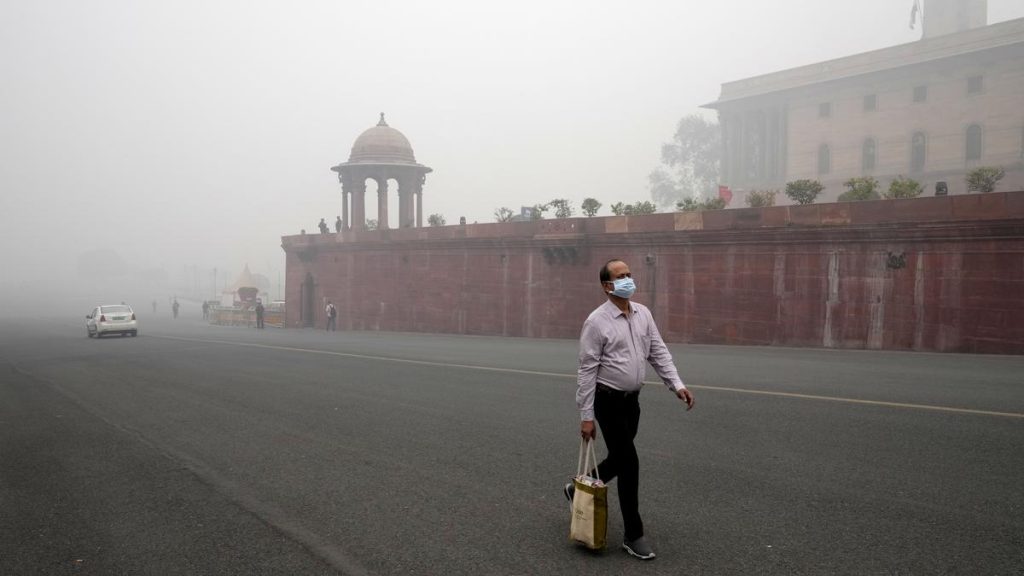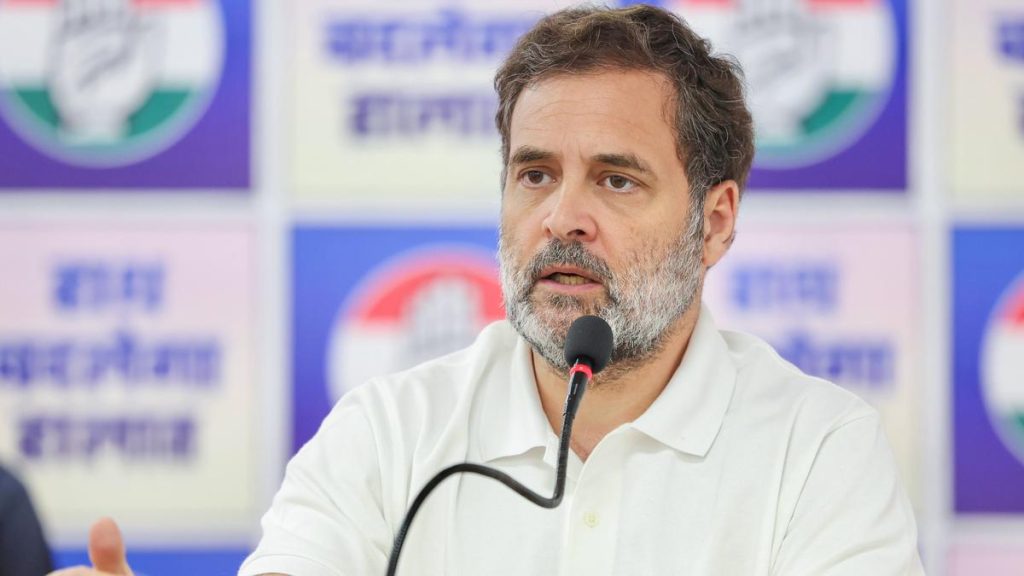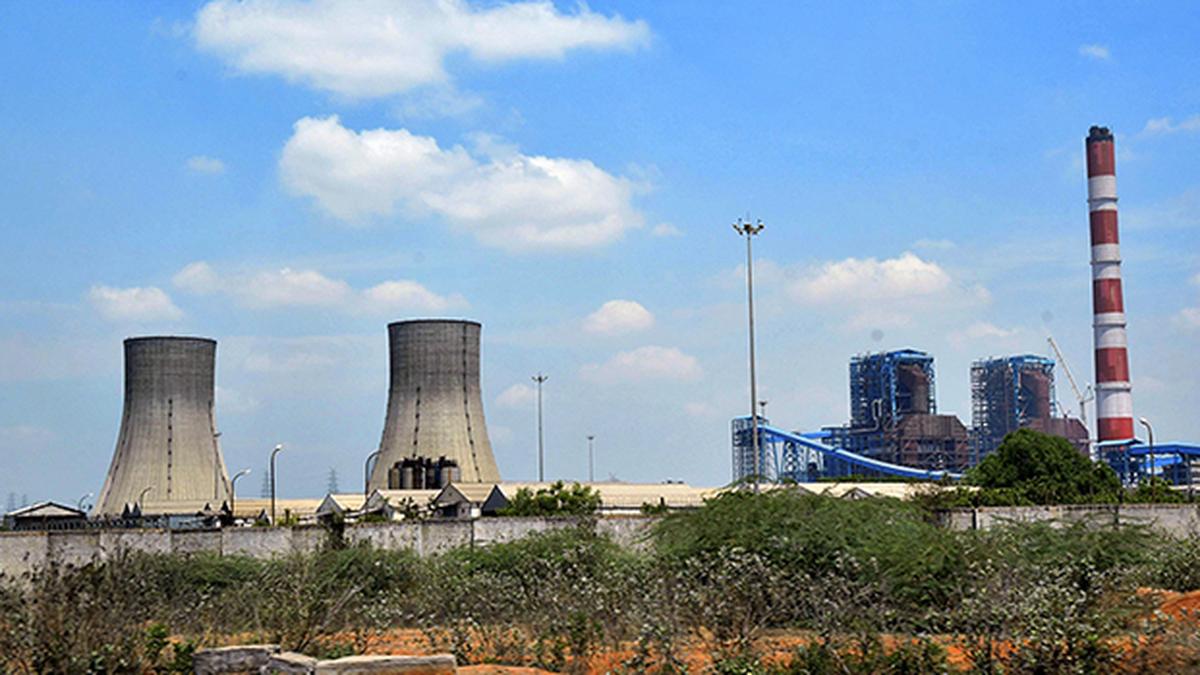Now Reading: Centre Acts as Mediator in Water Disputes Between Telangana and Andhra Pradesh: Bandi Sanjay
-
01
Centre Acts as Mediator in Water Disputes Between Telangana and Andhra Pradesh: Bandi Sanjay
Centre Acts as Mediator in Water Disputes Between Telangana and Andhra Pradesh: Bandi Sanjay

### Speedy Summary
– Union Minister of State for Home Affairs Bandi Sanjay Kumar criticized Telangana and Andhra Pradesh for making ‘unilateral’ statements on the Banakacherla water issue.
– The Centre acted as a facilitator, organizing a meeting with the Chief Ministers of both states to resolve water disputes fairly.
– Mr. Sanjay emphasized that both states are treated equally by the Centre and announced an expert committee to ensure justice in resolving listed issues.
– Politically motivated allegations from the BRS party were dismissed; he accused previous BRS rulers of compromising Telangana’s share of krishna waters.
– Opposition was stated against providing 10% Muslim reservations within Backward Classes’ 42% quota; BJP aims to keep the full quota exclusively for BCs instead.
– He pointed out corruption revelations within irrigation officials connected to the Kaleshwaram Lift Irrigation Project (KLIP), citing inflated estimates and mismanagement under past administrations in Telangana.
– Mr. Sanjay received notification from SIT regarding his role as a witness in relation to an alleged phone-tapping case.
—
### Indian Opinion Analysis
The Banakacherla water dispute highlights persistent challenges concerning interstate resource sharing in India, especially post-reorganization state dynamics like those between Telangana and Andhra Pradesh. The Centre’s initiation of dialogue suggests its commitment to resolving such conflicts impartially through collaborative frameworks aided by expert committees. This approach could pave future solutions for similar disputes across India.
Allegations surrounding corruption in infrastructural projects such as KLIP raise concerns about governance openness, inefficient execution, and financial accountability that might impede public trust. Ensuring institutional reforms will be key moving forward.
The controversy over reservations demands delicate handling due to its implications on social equity balancing demographic needs versus political agendas. It reflects broader debates over quota reallocations involving marginalized communities.Read more:























